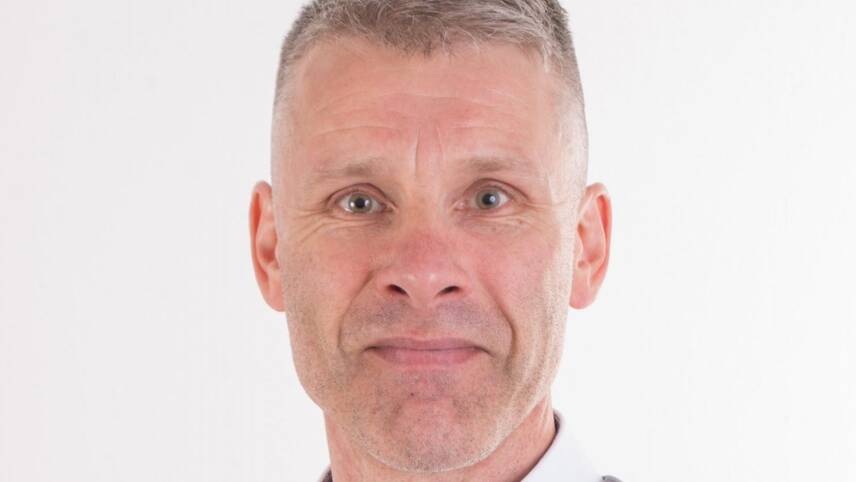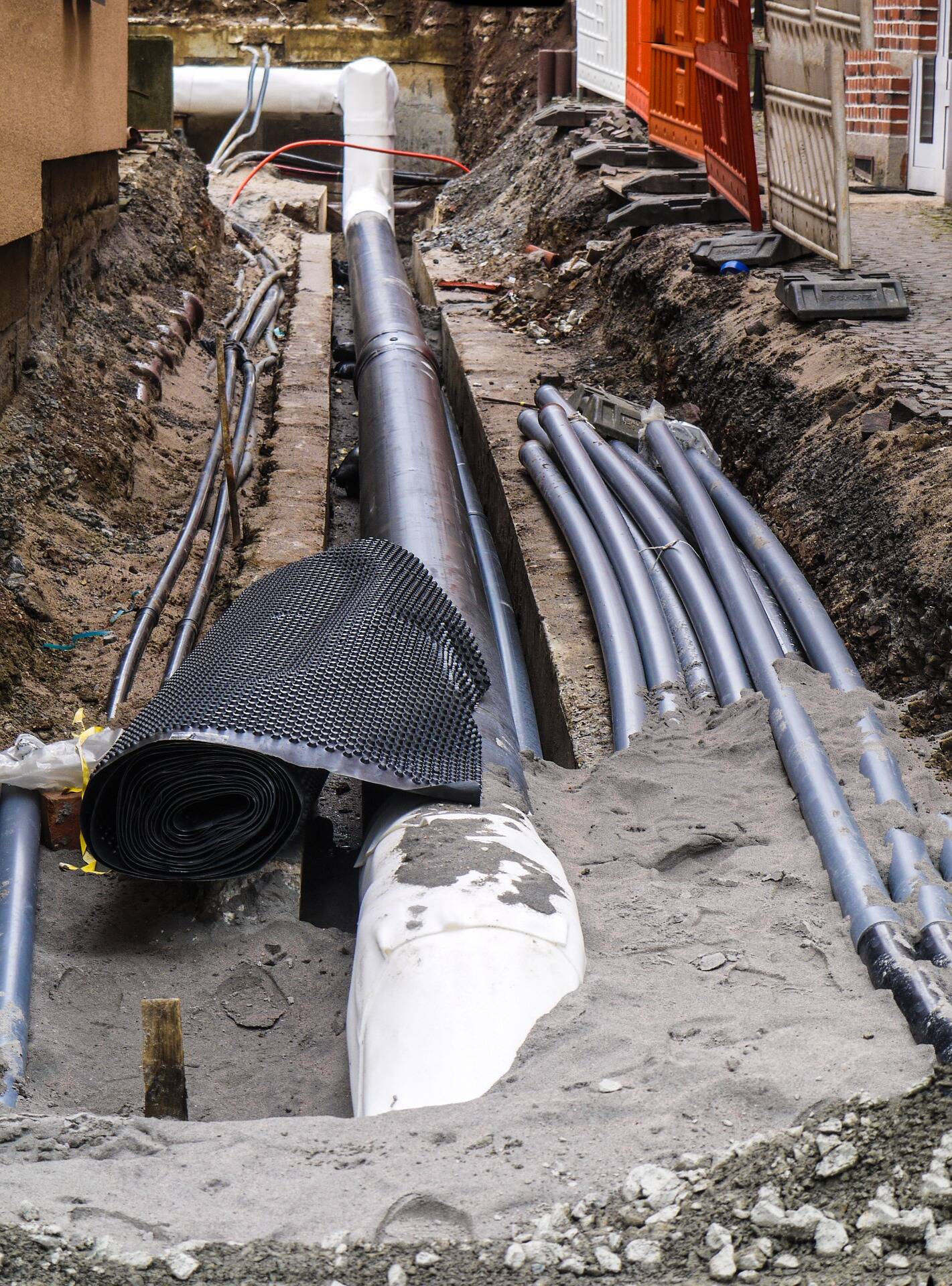You’ve reached your limit!
To continue enjoying Utility Week Innovate, brought to you in association with Utility Week Live or gain unlimited Utility Week site access choose the option that applies to you below:
Register to access Utility Week Innovate
- Get the latest insight on frontline business challenges
- Receive specialist sector newsletters to keep you informed
- Access our Utility Week Innovate content for free
- Join us in bringing collaborative innovation to life at Utility Week Live

Northumbrian Water’s innovation partnerships manager Clive Surman-Wells reflects on changing career from IT to innovation, and the importance of finding the ‘passionate person’ when facing up to industry challenges.
What was your first job in the utilities sector?
 My first job in the utilities sector was here at Northumbrian Water, where I started 16 years ago as a team leader in the data centre. It has flown by.
My first job in the utilities sector was here at Northumbrian Water, where I started 16 years ago as a team leader in the data centre. It has flown by.
What work experience or qualifications did you have before moving into the industry?
Before making the move into the utilities sector, I worked in a variety of different industries – including automotive, airline, local authority and manufacturing.
Before my current role, my entire career has been in IT and I think I’ve tackled every role from programmer and IT support to team leader and manager in the data centre. It has only been since 2018 that I have transitioned into an innovation role.
What has been your career highlight thus far?
Without doubt, working on the National Underground Asset Register has been the highlight of my career. I have been able to see it go from a seed at our Innovation Festival in 2018 to being accepted as a national platform.
If I had to pick a particular moment, it would be when government ministers announced last year it would be taking a leap from the pilot into happening as a national platform.

What is the most significant way that today’s utilities sector differs from the one you first joined?
From where I’m sitting now, I would say it is a much more collaborative space. There is absolutely no doubt we are now more outward-facing than ever before, and we are always looking for partnerships across the water industry to solve hard problems. This does not detract from the effort we have always had on this, but I think we are only getting stronger.
What is your golden rule for overcoming challenges at work generally?
Find the passionate person. Always try to find that one person who cares about solving the problem as deeply as you do. They might not necessarily have the correct job title but, if they care deeply enough then that’s half the battle.
What’s the strangest place that working in the utilities sector has taken you?
Interviewing Major General Andy Salmon, commandant general Royal Marines, back in 2013 as part of our information system conference. It was a surreal but incredible experience.

What do you think Utility Week Innovate readers would be surprised to learn about you?
I’m a competitive tower runner. That means that I race people up the staircases of very tall buildings.
What do you think is the key to creating the conditions for innovation within the utilities sector?
I think that Ofwat has this spot on with what they call their ”innovation enablers” – chiefly “collaboration” and “open innovation”.
I also think that openness to new ideas and diversity are hugely beneficial when creating the conditions for innovation.
Did you learn anything new about collaborating or innovating as a team or business during the pandemic?
Innovation does not have to be face to face – you can be just as creative using online tools. Online means that you can also make the innovative environment more accessible to everyone – they are a great leveller and we found this during our Innovation Festival 21. People that might not necessarily have felt comfortable in a group of people were able to put their ideas forward in a more comfortable setting.
Which other industry do you feel that utilities can learn most from when creating the conditions for innovation?
 The e-commerce industry. Companies like Amazon and Apple are ahead of the game – they literally had to change their business model overnight and they changed the game completely. Now we might not even necessarily go to the shops because of them.
The e-commerce industry. Companies like Amazon and Apple are ahead of the game – they literally had to change their business model overnight and they changed the game completely. Now we might not even necessarily go to the shops because of them.
What excites you most about the next 10 years in the utilities sector – any trends, tech or specific innovations?
I find advancements in robotics incredibly exciting. I would love to see robots repairing water pipes and crawling around the sewerage network proactively identifying and clearing blockages. I want to see them doing the dangerous and dirty jobs rather than people.
What is the change you’d most like to see within the utilities industry?
I’d love to see more diversity within the sector because I feel like this could help to create a greater culture of innovation overall.
How do you feel utilities companies can collaborate more – or more effectively?
Continue the relationships we have which have been built on trust and common goals. It’s amazing what you can achieve together when you’re not bothered who gets the credit
What is the most significant way you think the utilities sector of ten years’ time will differ from the one we see today?
In 10 years, I hope that innovation will be second nature. It won’t be a ”thing” anymore because it will be an unwritten part of everyone’s role. The only companies that survive will be those with an innovation-embedded culture.
See this content brought to life at Utility Week Live, 17-18 May 2022 NEC Birmingham. FREE to attend for utilities. Register today
Delivering smart water networks is one of the frontline challenges at the heart of Utility Week Live 2022’s live content programme. View the programme.

Please login or Register to leave a comment.